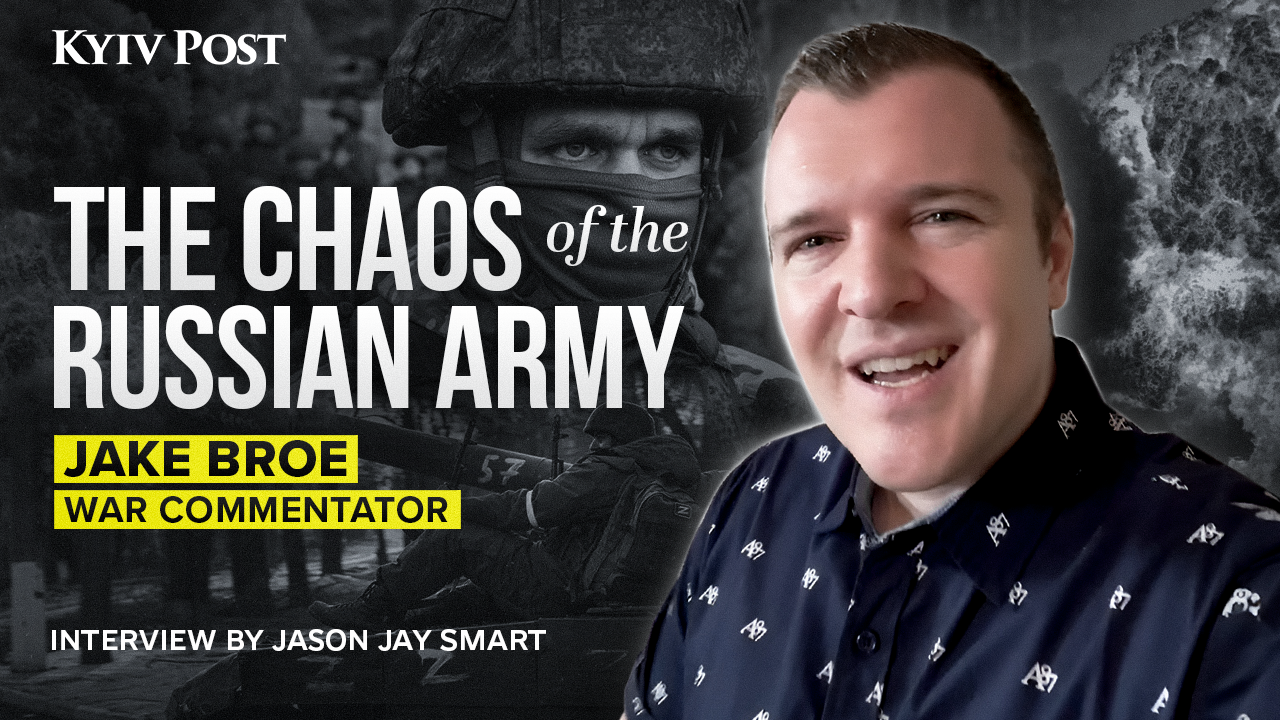Security Guarantees for Ukraine?
This week saw the USA and Ukraine sign a bilateral security agreement. You can read the whole text here. I’m not going to criticize this, because it’s better than nothing, but it also is a long way from an actual long-term “historic” security commitment from the USA that it is being portrayed as being.
JOIN US ON TELEGRAM
Follow our coverage of the war on the @Kyivpost_official.
In the first case, it’s not a treaty. It’s an agreement signed between Biden and Zelensky—and if Biden leaves office his successor could instantly abrogate it (which Trump almost certainly would). So, even though the agreement is couched as lasting for 10 years, it’s not legally binding on the USA for that time.
Moreover, the agreement hedges on the most important questions. When it comes to NATO—it says that Ukraine’s future is in NATO, just it’s not clear when. Indeed, the paragraph on NATO is really rather tortured.
Reaffirming that Ukraine’s future is in the North Atlantic Treaty Organization (NATO); reiterating their support for the declaration of Allies at the 2023 Vilnius Summit that Allies will be in a position to extend an invitation to Ukraine to join the Alliance when Allies agree and conditions are met emphasizing the importance of its deepening integration into the Euro-Atlantic community; and underlining the centrality of reform to support and strengthen Ukraine’s defense, prosperity, recovery, rule of law, and democracy;

EXPLAINED: What We Know About Russia’s Oreshnik Missile Fired on Ukraine
That is typical of the rest of the document. There is no obligation for the US to actually defend Ukraine. If either one is invaded in the future, it would be a matter of “grave concern” to the other.
Any future aggression or threat of aggression against the sovereignty, independence, and territorial integrity of either Party would be a matter of grave concern to the other Party.
Well, that’s hardly comforting.
There is no obligation for the US to actually defend Ukraine. If either one is invaded in the future, it would be a matter of “grave concern” to the other.
The best part of the document are the clear statements that any peace deal now must-see Ukraine “fully” restore its territorial integrity.
The Parties recognize that Ukraine will not be secure until its sovereignty and territorial integrity are fully restored through a just peace that respects Ukraine’s rights under international law, including the UN Charter.
So, this is better than nothing—but it’s not going to change the course of the war right now. Biden is signaling that if he wins, he wants to do more for Ukraine—but all of that is based on his winning. If Trump wins, this document will probably end up in the waste basket.
Ratcheting Up Sanctions
In many ways the most important story of the week was the ratcheting up of the economic war against Russia. I wrote a detailed piece a few days ago which went into the details of the moves. Basically, there are three things going on.
First—greater punishments for companies that are being used to get militarily useful supplies to Russia (such as Chinese banks and western companies that are circumventing sanction).
Second—a much greater effort to break up Russian networks which have been used to circumvent sanctions.
Third—strict financial restrictions on Russian use of dollars and Euros.
You can add to this a G7 decision yesterday to allow seized Russian assets to be used to guarantee $50billion in financial support for Ukraine.
If they can harm Russia military production and stem the flow of advanced components (and other items) into the Russian war machine—this could matter a great deal (more than the US security guarantee at present).
Here is the conclusion of that piece:
So overall we have serious signs of a ramping up of the economic pressure on Russia and an increase in the economic support for Ukraine. We can only hope that they start biting in the way that the sanctions were expected to work back in 2022.
It also shows the truth of war—escalation is usually the result of time. If only, however, sanctions had been taken more seriously earlier—Ukraine would be in better shape and Russia in worse.
So overall we have serious signs of a ramping up of the economic pressure on Russia and an increase in the economic support for Ukraine. We can only hope that they start biting in the way that the sanctions were expected to work back in 2022.
This, btw, this move on seized Russian assets is the kind of thing that really gets the Putin regime angry, as its power and longevity has been based on the distribution of money to supporting groups. It’s worth noting that one of the things that Putin lashed out at this week was the increased sanctions, and the moves by the G-7 to use seized Russian assets to help Ukraine. During the speech in which he gave his “peace” deal, he called it theft.
"Despite all the chicanery, theft will certainly remain theft. And it will not go unpunished", Putin said.
"Now it is becoming obvious to all countries, companies (and) sovereign funds that their assets and reserves are far from safe in both the legal and economic sense of the word.
"Anyone could be next in line for expropriation by the U.S. and the West."
From someone who has tried to steal much of Ukraine, and has stolen billions in grain, its rather rich—but there you have it.
Actually, the offensive has revealed itself to be a strategic catastrophe for Russia and is now leading to “astronomic” losses that if anything are limiting Russian advances in the Donbas.
The Kharkiv Offensive—the Narrative Changes
I will be quick on this, as I’ve been banging away on it for weeks. The press completely overreacted to the Russian Kharkiv Offensive (now almost 40 days old) when it was launched. I’ve shown how it was portrayed as representing Russian strategic foresight and could lead to a Ukrainian collapse.
Actually, the offensive has revealed itself to be a strategic catastrophe for Russia and is now leading to “astronomic” losses that if anything are limiting Russian advances in the Donbas.
I actually think the Kharkiv Offensive and the entire Russian campaign of 2024 actually is most revealing in that it confirms that Ukraine can win the war.
Anyway, the narrative in the press has changed on Kharkiv—subtly. Now there is talk of it falling short, and the like. It’s a welcome change—but it would have been far better had it not happened in the first place
Reprinted from the author’s blog. See the original here.
The views expressed are the author’s and not necessarily of Kyiv Post.
You can also highlight the text and press Ctrl + Enter









